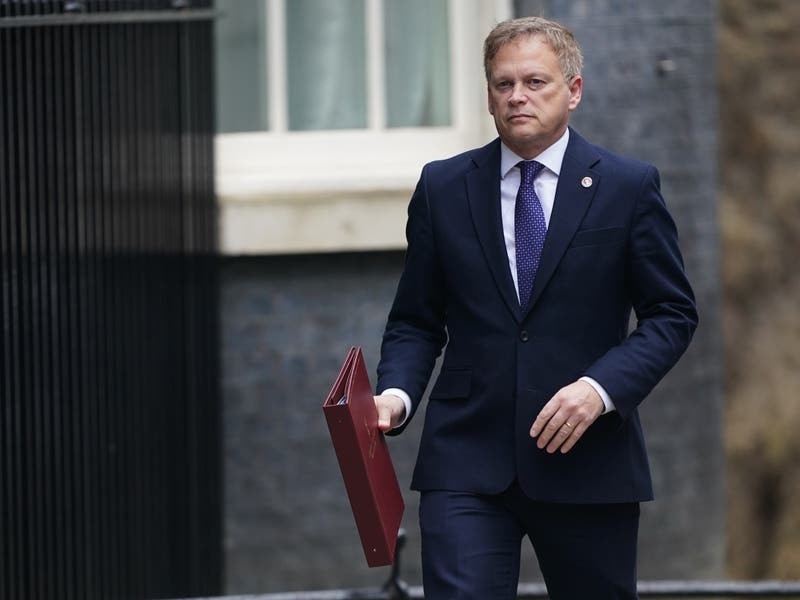Armistice Day, no matter whatever day of the week it falls, signals a national shut-down for pause and reflection. One of the most moving symbols of a nation overrun by war is the homage it pays to its war dead. None more than the imposing structures erected prominently in French village squares or crossroads, their over-large tablets often the focus for tourist cameras.
Maybe it’s because so many of its towns were razed and populations displaced, that it is a particularly poignant day, and because until fairly recently, it retained compulsory national service and conscription, many of its citizens have direct experience of military life and tradition. This will be reflected by the cathartic military parade on the Champs Elysée, and homage beneath the Arc de Triomphe.
Across the Channel, we will also be paying tribute to the loss of generations of young comrades in two world wars and modern day conflicts. Local ceremonies at village memorials will join the national commemoration on Remembrance Sunday.
None less than in our own Island which suffered its own particular indignities, deprivation and loss – particularly of those forced to leave and who never returned. There is nothing to compare with the solemn grandeur of an autumn Sunday morning at the Cenotaph, where the observance is one of mourning and sombre humility: the dwindling ranks of veterans accompanied by their successors on parade to provide a formal tribute to fallen comrades, bedecked with their battle honours and the symbol of all their suffering – the blood red poppy.
There is, however, a very delicate balance to be secured in order to ensure that the ritual does not displace the genuine emotion on an occasion as charged as this. It’s difficult to ignore the unseemly competition between certain politicians and TV newsreaders to display the earliest and largest poppy corsage; the unrelenting predictability of the public observance ceremony; minor Royals sporting dark fashion accessories, while elderly veterans muster all their reserves, as, in fading health, they and their proud memories are shuffled past the Cenotaph by parade marshals.
Once again this year, we’ve heard impassioned pleas for younger people to volunteer to assist with the annual Poppy Day appeal. The band of volunteers who undertake to collect on behalf of the Royal British Legion Fund is growing ever older and smaller, and less able to rattle their tins in public places.
But Poppy Day isn’t just for heroes who perished in the mists of history, or even those lost overseas. As a result of current political adventurism, modern conflicts are still devouring casualties among the young and the able.
Our nation has witnessed an unrelenting stream of courage in modern times played out in ongoing conflicts both on our own soil and at the extreme edge of the globe. As communication has become immediate, there are no ‘far-off lands’ to cushion the impact when heroes fall. The theatre of war is brought to the TV screens in our own front rooms. The casualties are real and immediate. We have no excuse for not being aware, just as are our national leaders who cannot be excused if they fail to employ every possible modern means for preventing such senseless conflict.
It’s seven years since Operation Enduring Freedom and five years since Operation Desert Storm were unleashed by the vengeful, the mendacious and the un-researched. Such campaign titles, so crudely and risibly Hollywood-inspired, act as a smokescreen to the random terror unleashed. The toll of honourable and brave military personnel, to say nothing of the wretched civilians caught in the crossfire, continues to rise.
History will judge the justification of their sacrifice in a crusade to declare war on terror, spread MacDemocracy and effect regime change. Given the poignant reflections of Vietnam, it’s extraordinary that the loss of more than 4,000 US combat troops in both Iraq and Afghanistan has remained such a non-issue in the 2008 Presidential election campaign.
Too many British service men and women have also perished in the same conflict bravely following orders. Their sacrifice will be added to those who died in The Falklands, Bosnia and Northern Ireland. So it’s hard to forget the impression given when the coffins began to return, that we appeared short on respect. Comparing the ceremonial escorts by police and military that accompanied North American fallen, our newspapers carried pictures of hearses in the UK held up in commuter traffic jams, town centre parades shunned by shoppers, and reports of injured soldiers harassed in hospital wards, even excluded from hotels.
Meanwhile, thanks to some of the worst examples of our contorted PC values, we’ve seen wounded soldiers receiving a fraction in MoD compensation for shattered lives and limbs by comparison with payouts to office staff claiming thumb-joint RSI, or trauma following exposure to unseemly behaviour in the barrack-room.
Last Saturday witnessed another special day of remembrance in France, Le Jour de la Toussaint, All Saints’ Day. On this national holiday, cemeteries across the land burst into chrysanthemum flower, as families venerated loved-ones in a mass pilgrimage just as heartfelt as the municipal set-pieces a week away.
The private and compassionate tributes being paid in so many forums this month throughout Europe and far beyond, attest to the power of the human spirit; that however torrid the circumstances, there were those prepared to stand against them. In honouring those who fell in conflict, and those whose lives, now spent, enriched our present, we will ensure that they and their unforgotten legacy will be paid the respect they truly deserve.






